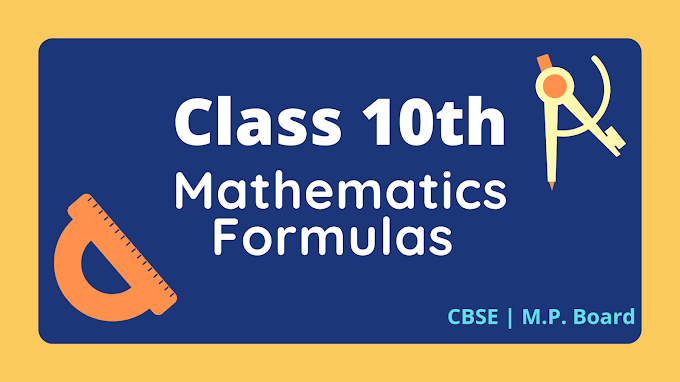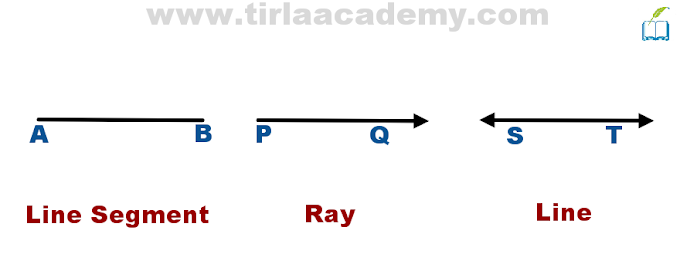Clear goals help transform learning from routine into meaningful progress.
Ever felt like you’re learning without direction? Setting clear educational goals turns scattered effort into purposeful growth. With the right focus, every study session becomes a step toward real achievement.
1. Know What You Want to Achieve
Educational goals define what knowledge or skills you want to gain over time. Whether it's improving grades, mastering a language, or completing a certification, defining your aim makes learning purposeful.
2. Set SMART Goals That Guide Action
SMART stands for Specific, Measurable, Achievable, Relevant, and Time‑bound. For example:
“I will raise my GPA by 0.5 this semester by studying an extra hour every day.” This clarity keeps you focused and motivated.
3. Mix Short-Term and Long-Term Objectives
Balance short, manageable goals like finishing assignments early or improving study habits with long-term targets like graduating with honors, learning a new skill, or earning a certificate.
4. Goals That Reflect Real Skills
Educational goals often fall into categories:
- Cognitive goals: Enhancing critical thinking, research, or problem-solving.
- Psychomotor goals: Gaining hands-on abilities like using software or tools.
- Social goals: Building collaboration, communication, or digital citizenship skills.
Setting varied goals ensures balanced growth—not just rote recall.
5. Cultivate Study Habits & Reduce Procrastination
Setting goals around study routines—like dedicating a fixed time each day to tasks, breaking large projects into chunks, or finding a study partner—improves consistency. This helps reduce procrastination and build discipline.
6. Use Feedback to Stay on Track
Reflect on progress regularly. Self-regulated learners monitor, adjust, and evaluate their efforts to stay aligned with goals. If something’s not working—such as a study method—modify your plan and try again.
7. Learn Transferable Skills That Last
Beyond academics, set goals for real-world skills like critical thinking, teamwork, and digital literacy. These transferable skills strengthen personal growth and future career success.
How Goal Setting Changes the Learning Game
- Direction and motivation: Goals eliminate aimlessness and give purpose.
- Progress visibility: Measurable goals let you see real growth and celebrate milestones.
- Self-confidence: Reaching defined goals builds belief in your ability to reach bigger targets.
- Resilience: Adjusting goals when circumstances shift teaches flexibility and persistence.
Sample Educational Goals to Inspire You
| Type | Example |
|---|---|
| Academic | Achieve a specific GPA or complete courses ahead of schedule |
| Skill-building | Master a new software, language, or communication technique |
| Habits | Study every day for 30 minutes and avoid last-minute cramming |
| Personal growth | Read broadly, volunteer, or engage in activities beyond formal study |
Final Thoughts
Educational goals aren’t just a checklist—they create a roadmap for learning with purpose. Choose SMART goals that suit your abilities, values, and timetable. Break them into bits you can actually complete, review progress often, and keep refining your approach. With thoughtful goals, your learning becomes intentional, satisfying, and effective.





